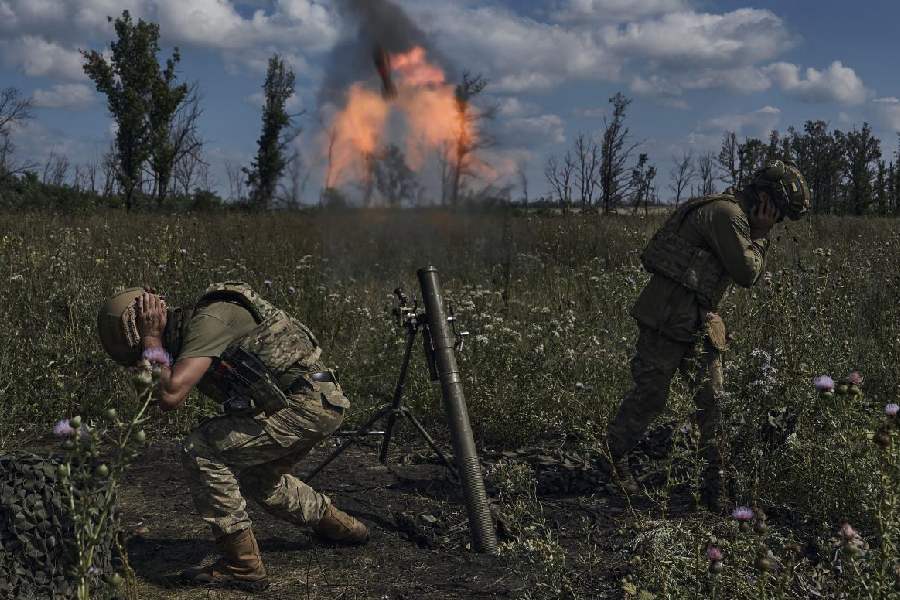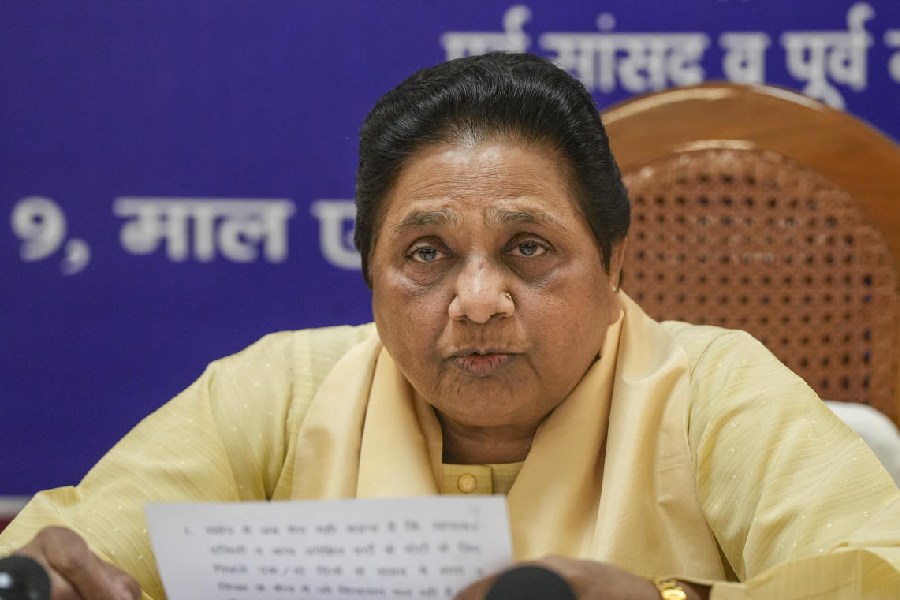Hungary on Friday blocked the EU from approving a financial aid package for Ukraine, although EU leaders agreed to officially open accession negotiations for Ukraine to join the bloc, an important breakthrough for Kyiv as it tries to bolster support from its allies.
Charles Michel, the president of the European Council, said that all but one of the EU’s 27 countries backed the package of €50 billion in financial support for Ukraine.
“One leader couldn’t agree on this,” Michel said at an impromptu 3 a.m. news conference, referring to President Viktor Orban of Hungary. He said leaders would reconvene early next month to try to reach a unanimous agreement, which is required for the plan to go through.
Orban, who in the past has delayed some EU sanctions against Russia and is seen as President Vladimir Putin’s closest ally in the bloc, had said Thursday that the aid should be extended only after Europe-wide elections planned for the summer.
The agreement on EU membership talks came at a crucial time for President Volodymyr Zelensky of Ukraine, who had just returned from a bruising visit to the US, where he pleaded for desperately needed money for his war effort.
Although accession to the EU would take years, the announcement Thursday was a symbolic win that was likely to anger Putin, who has decried Ukraine’s European ambitions as a form of aggression.
“This is a victory for Ukraine. A victory for all of Europe. A victory that motivates, inspires and strengthens,” Zelensky said on X in response to the news.
At the start of the meeting on Thursday, Orban said he planned to veto an official opening of the accession talks, arguing that Ukraine was not ready.
New York Times News Service










